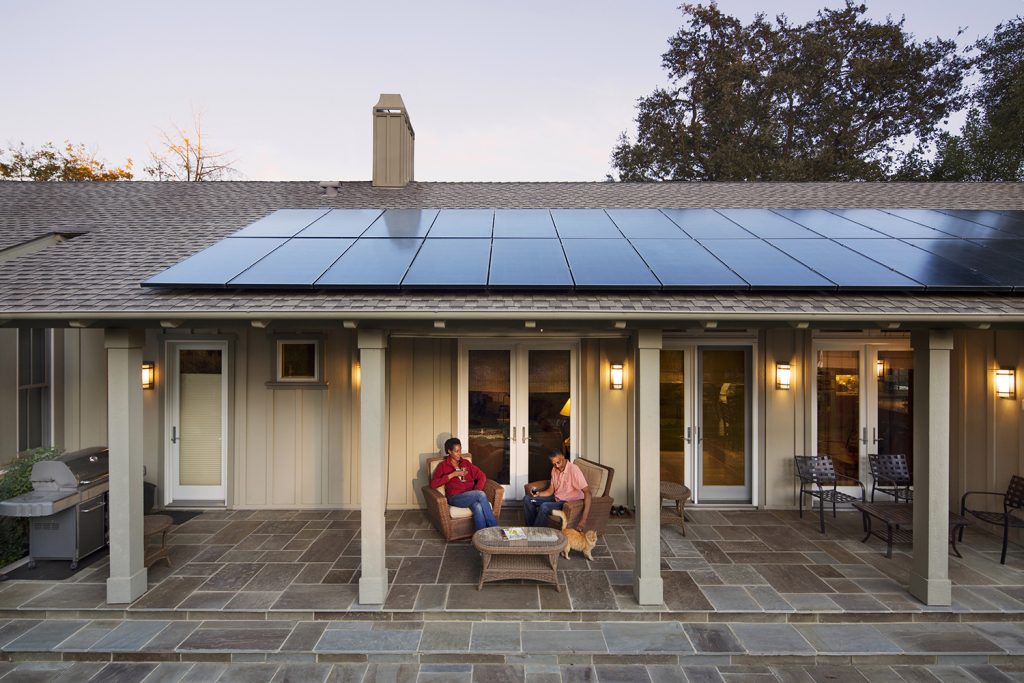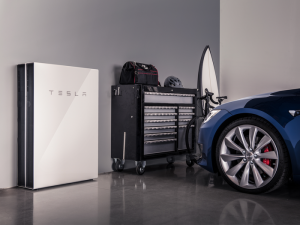
With electricity rates on the rise, users are starting to understand the pros and cons of residential solar power. They know that the power of utility expense savings, tax breaks, income through the sale of unused power, and even a lower carbon footprint are all very real benefits. Many individuals and families are also discovering that there are many more benefits when compared with their existing power source. The environment is being saved as well as keeping it safe for our future generations. When people realize the benefits of solar power, they will likely make the switch over sooner than later.
Residential Solar Power Environmental & Health Benefits
One of the primary reasons why more homeowners and businesses are considering the transition is because of the impact on the environment and their personal health. Most people realize that climate change is one of the biggest threats to human existence and with the widespread use of fossil fuels, this crisis is only going to get worse. The consumption of electricity from solar power has the effect of lowering the amount of carbon dioxide released into the atmosphere from fossil fuel emissions. The combined effect of all of these effects makes the transition into solar power an obvious one for the inhabitants of the planet.
Another positive factor of using solar power is the impact that it has on the individual’s health. It has been established that there is a direct correlation between the amount of sunlight received by a person and the quality of his or her health. There are a number of studies that have shown links between the quality of life and the amount of sunlight received by someone. For example, individuals who live in an area where there is a high concentration of sunlight have been shown to live several years longer than those who do not. In addition, the impact on the individual’s health can extend to their family.
Residential Solar Power Is Reliable Power
The use of residential solar energy has a number of pros that one might not have initially considered. One of the best benefits of a residential solar power system is the fact that it is extremely reliable. When used in place of conventional forms of energy, solar power can significantly reduce the number of energy bills that an individual or household accumulates. There are many parts of the country that run completely off of solar energy as their sole form of power.
Residential solar power is also capable of providing the homeowner with an unlimited source of energy. Of course, this is much more than what is possible for a household to produce through the use of standard solar energy systems. A typical household would have to use large solar panels on their roof in order to generate the same amount of energy that is produced by a single residential solar power system. However, even the largest of these panels will not be able to produce more than an average of one hundred and twenty watts of energy per day.
The use of residential solar power also comes with a very important con, the cost. Although the upfront costs of having such a system put in place are quite high, there can often be thousands of dollars saved in energy payments during the life of the system. Plus, most customers that switch to residential solar power system often see immediate saving within the first month of being installed.
The installation of residential solar power usually only takes 1-2 days to install, adding to the many benefits that already exist. In some rural areas, there may be no utility companies in the area at all and therefore it will be necessary for the homeowner to put in a number of different energy-producing devices to make up for the lack of utility infrastructure that would otherwise be present.
Residential Solar Power Tax Breaks & Incentives
Residential solar power that is provided by a do-it-yourself project can also potentially be subject to some significant federal tax credits. Any system that is powered by renewable energy sources can be eligible for a tax credit under the tax incentives programs administered by the government. These rebates can often make it more affordable for individuals to get residential solar power themselves and generate their own clean energy to power their own homes and cars.
In addition, when a residential solar power system is installed on one’s home, it can also qualify for the federal government’s Net Metering program. Net metering is when the actual amount of the electricity that a system produces is paid for by the electric company instead of being paid to the homeowner.




